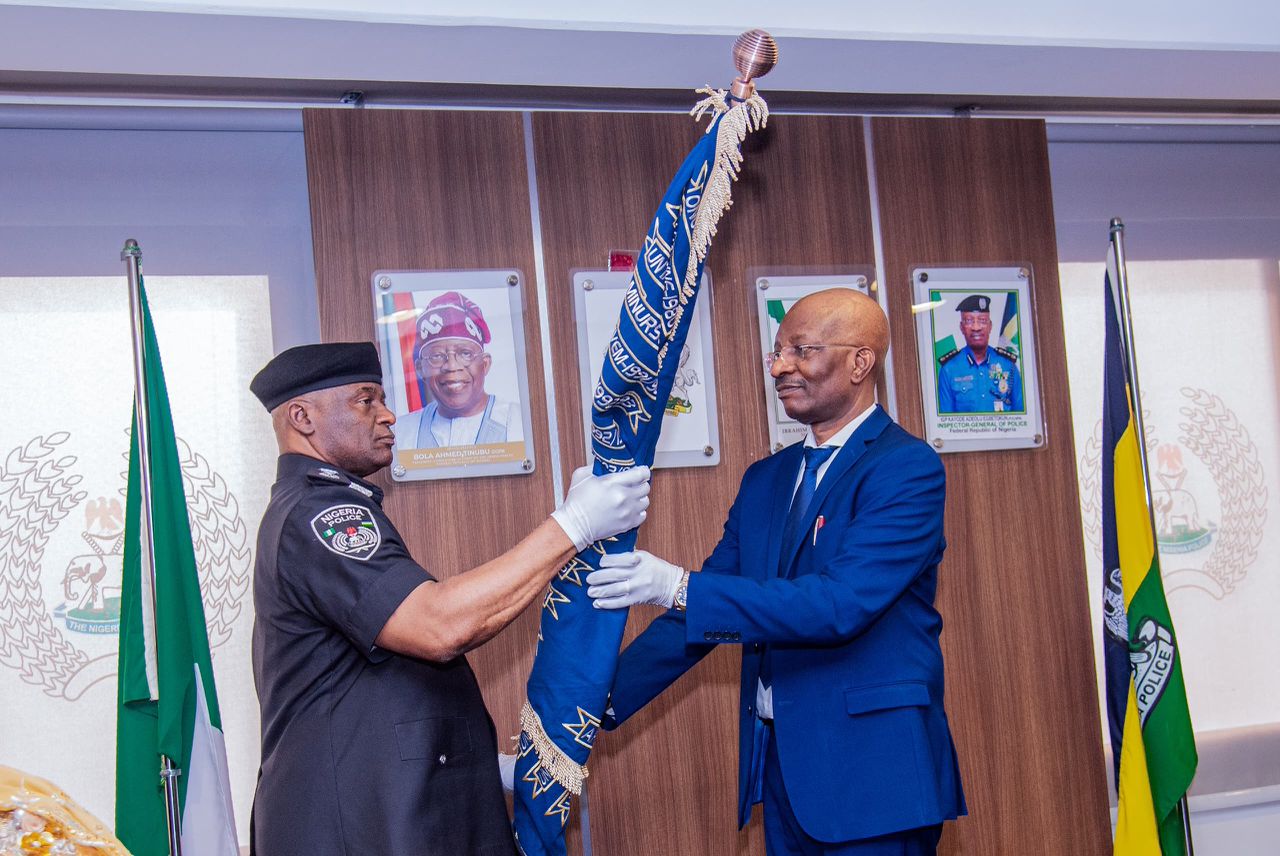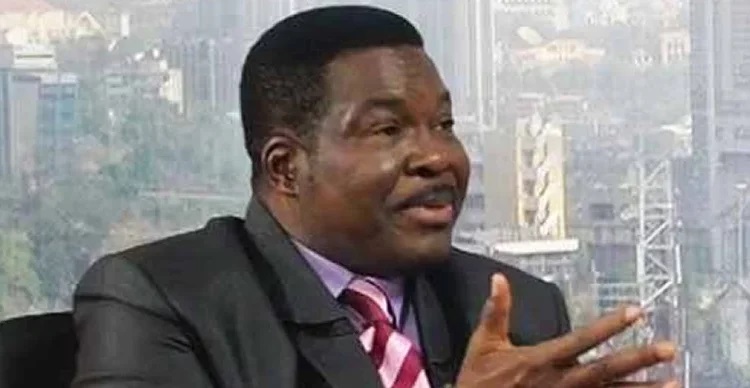Nigeria’s Vice-President Kashim Shettima has hailed a “quiet revolution” taking place in Nigeria’s economy under President Bola Tinubu, as Abuja hosted the Nigeria–Brazil Business Forum on Wednesday, bringing both nations closer in pursuit of shared economic goals.
The event, themed “Roots to Revenue: The Nigeria–Brazil Corridor,” spotlighted the opportunities for expanded South-South cooperation between the two nations.
“Under President Tinubu, Nigeria is undergoing a silent yet decisive transformation,” Shettima said. “Markets are being opened, institutions are being reformed, and policies realigned—not for cosmetic reform, but for genuine change.”
He noted that Brazil’s development story, particularly in agriculture and energy, serves as a valuable model for Nigeria’s ambitions. “Our agro-industrial processing zones are taking shape, and our farmers are ready to scale operations. We are not looking for handouts, but partnerships—in innovation, training, and investment,” he stated.
The Vice-President also detailed Nigeria’s energy transition, rooted in natural gas exploitation and expansion into renewable energy. “Brazil’s success offers a practical blueprint for us. We want to learn from your experience in building an energy economy that creates jobs, supports industries, and delivers to rural areas.”
In response, Brazil’s Vice-President Geraldo Alckmin praised Nigeria’s reform drive and reaffirmed Brazil’s commitment to fostering long-term cooperation in agriculture, energy, defence, and innovation. “This is a defining moment in Nigeria–Brazil relations. We’re here not only to trade but to co-create solutions,” he said.
Alckmin cited the Green Imperative Initiative—a $1.1 billion plan to transfer agricultural technologies from Brazil to Nigeria—as a cornerstone of this cooperation. He also announced Brazil’s intention to establish a direct flight route between the two nations to ease travel and promote trade.
Nigeria’s Minister of Industry, Trade and Investment, Dr Jumoke Oduwole, criticised the decline in bilateral trade from $9 billion to $2 billion over the past decade, calling for renewed urgency. “We must reset this relationship. The Nigeria–Brazil corridor is not a dream—it’s a viable economic route,” she said.
She highlighted agriculture, digital trade, pharmaceuticals, and the creative economy as top investment priorities and introduced a digital tracking system to streamline investor engagement.
Meanwhile, Princess Zarah Mustapha, Director-General of Nigeria’s Presidential Enabling Business Environment Council (PEBEC), stressed the importance of state-level reforms to unlock sub-national economic growth and attract investors.





